What To Expect On Decision Day: Ins and Outs Of Following A Major Election
With Election Day right around the corner, it’s important to know what Virginia is voting for and when to expect the results. Here’s a guide to the Nov. 3 ballot.
Photo courtesy of @Pjedrzejczyk/Pixabay; Graphic by Shradha Dinesh
The general election, and final day to vote, will take place on Nov. 3. In Virginia, polls will be open from 6 a.m. to 7 p.m.
When To Expect Election Results
Given a pandemic, a highly contentious election season, and record-breaking early voter turnout from both in-person and mail-in ballots, it is clear that races may not be called the night of Nov. 3. Historically, elections have never been certified, or made official, the night of Election Day. Instead, national media traditionally calls election results early if one candidate has a wide margin of victory such that the other candidate would not be able to overtake them.
In Virginia, mail-in ballots must be postmarked by Nov. 3 and received by elections offices by Nov. 6, meaning that votes may continue to be counted after Election Day. The state deadline to certify results is Nov. 10, however, “ballot disputes, litigation, or other factors could delay the count,” according to the Associated Press.
One distinction for presidential elections is that voters do not directly vote for the president on the ballot, but for a slate of electors who are tasked with voting for the chosen candidate in the Electoral College. Therefore, a state is not penalized for missing their certification deadline, so long as they meet the Dec. 8 “safe harbor” deadline — a provision of a federal law that prohibits Congress from challenging states’ electors as long as they are named by this date.
On Dec. 14, each state’s electors vote for the president; any electors chosen after the Dec. 8 deadline could theoretically be challenged by Congress.
After a new Congress is sworn in on Jan. 3, electoral votes are formally counted and usually certified on Jan. 6. If both candidates receive equal electoral votes, the House of Representatives votes for the president and the Senate votes for the vice president in a process outlined by the 12th Amendment of the U.S. Constitution.
Votes cast in-person on Election Day are typically counted first, followed by mail-in ballots. It is possible for results to shift as votes are reported after Election Day. The Blaze will base its election coverage on decisions called by the Associated Press.
Virginia Senate Race
In addition to choosing their president, Virginians will elect a senator who will represent Virginia for the next six years alongside Sen. Tim Kaine, D-Va. The two candidates running for office are Republican Daniel Gade and incumbent Sen. Mark Warner, D-Va.
During his time in the Senate, Warner has built a platform for job creation, access to health care, and protections for preexisting conditions. “I’m fighting to create good jobs, strengthen our national defense, and make health care more affordable because I believe every Virginian deserves the opportunity to earn a good life,” Sen. Warner claims, according to his campaign website.
One of Warner’s significant pieces of legislation was a bipartisan bill to improve veterans’ access to mental health care that he introduced with Sen. Kaine. This bill’s five major goals were to bolster VA’s mental health workforce, improve rural veterans’ access to mental health care, assist service members transitioning out of the military, invest in innovative and alternative treatment methods, and to hold Virginia accountable for its mental health care and suicide prevention efforts. You can access Sen. Warner’s full legislative record and descriptions here.
While Warner is a career politician, this would be Gade’s first position in public office. Gade is a retired U.S Army lieutenant colonel, professor, and public policy leader. During his time in the military, Gade served twenty years before suffering a serious injury in Iraq that led to the amputation of his right leg.
He supports a limited government, promoting free-market systems, maintaining a strong national defense, and protecting individual liberties and civil rights.
Some of Gade’s major policy stances include supporting the construction of a wall along the southern border to address illegal immigration, opposing federal involvement in health insurance and the use of taxpayer money for student loans and abortions, and opposing the addition of sexual orientation, gender identity and gender expression as protected classes in federal anti-discrimination laws.
“I am not a career politician. I have served the constitution since I was 17, and I look forward to continuing my service to the people of Virginia. My mission is different, but the oath is the same,” Gade said on his campaign website.
U.S. House District 10
Virginia’s 10th district race is between incumbent Democratic Rep. Jennifer Wexton and Republican Aliscia Andrews who are running for a seat in the U.S. House of Representatives. Wexton first ran for the House of Representatives in 2018. Andrews is a first-time candidate and a Marine veteran.
“I served this country in the U.S. Marine Corps and subsequently as a national security policy and strategy subject matter expert contracting with the FBI, the ODNI, and CBP. I understand what it means to serve this country,” Andrews said in an interview with the Loudoun Times-Mirror.
While both candidates use their experiences and backgrounds to build trust and a relationship with the voters, Wexton has more political experience than Andrews. “I’ve worked across the aisle to pass five bipartisan bills through the House, and my Retirement Protection Act was signed into law by the president as part of the CARES Act,” Wexton said to the Loudoun Times-Mirror. “I’ve spent my career fighting for Virginia’s kids and families. As a former prosecutor, state Senator, and now a member of Congress, I’ve fought to deliver results on the issues that matter most to our community,” Wexton said.
According to her campaign website, Andrews’ platform is in support of reopening the economy, supporting law enforcement in the wake of “violent riots and looting occurring in nearly every major city,” securing ports of entry and building the wall promised by President Trump, promoting Second Amendment sanctuary counties, and is anti-abortion, opposing any taxpayer funding for Planned Parenthood.
Virginia Question 1, Redistricting Commission Amendment
Voters will decide on whether or not to approve the redistricting commission amendment, which would shift the task of redistricting from the General Assembly to a 16-person panel. The panel would be made up of eight legislators, divided evenly between both parties, and eight citizens, chosen by judges from a list prepared by legislators.
According to The Washington Post, the amendment would require new boundaries to be drawn every ten years. Once the panel develops a set of maps, the General Assembly would vote on the plan as submitted. If the vote fails, the Virginia Supreme Court would draw the maps.
Virginia law requires a proposed constitutional amendment to be approved in the General Assembly for two consecutive years before going to the voters. When the amendment was first proposed by Republicans in 2019, it received support from both parties. However, this year, some Democrats in the House of Delegates have withdrawn their support since gaining a majority in the Legislature.
Democratic Del. Marcus Simon, one legislator who opposes the amendment, believes that it does not do enough to remove politics from the districting process and that some Democrats initially supported it “knowing they could examine the legislation more closely in the 2020 session,” the Associated Press reported.
Democratic Del. Marcia Price, a member of the Virginia Legislative Black Caucus, opposes the amendment because it does not guarantee representation for people of color in panels.
Of Democrats, Republican Del. Jason Miyares said to the AP, “One side wants to exercise raw political power.” Miyares believes that Democrats now oppose the amendment because they hold the majority.
A “yes” vote would support transferring redistricting power to the panel, and a “no” vote would oppose the transference of redistricting to the panel.
Virginia Question 2, Motor Vehicle Property Tax Exemption For Disabled Veterans Amendment
Virginia Question 2, the Motor Vehicle Property Tax Exemption for Disabled Veterans Amendment, is a legislatively referred constitutional amendment.
Question 2 asks, “Should an automobile or pickup truck be exempt from state and local taxation if it is owned and used primarily by or for a veteran of the armed forces of the United States or the Virginia National Guard who has a 100% service-connected, permanent, and total disability?”
By voting “yes,” Virginia citizens would support the exemption of state and local property taxes on one automobile or pickup truck for veterans who have a 100% “service-connected, permanent, and total disability.” By voting “no,” Virginians would oppose this tax exemption.
WUSA9’s voter guide, which provides a full breakdown of the Virginia ballot, reported that a spouse of the veteran who meets the requirements of this tax exemption could also be free from the property tax on an automobile or pickup truck. The Virginia General Assembly is allowed to pass a law placing restrictions or specific conditions on this tax exemption.
According to the Loudoun County Democratic Committee and the Loudoun County Republican Committee’s sample ballots, both parties encourage their party members to vote “yes.”
If passed, the tax exemption would amend Section 6 of Article 10 in the Virginia Constitution.

Shradha is a senior and third-year staff member of The Blaze. This is her second year as the editor in chief. When she isn't reading or writing, you can find her crafting scathing reviews of Netflix originals...
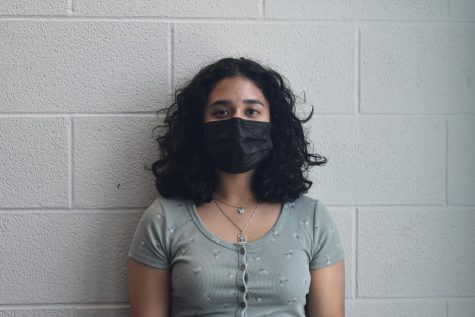
Prajna Chakravarty is a senior who is thrilled about her third year on staff. When she is not in the sky flying, she's on her bed watching some Netflix or on her desk stressing over all the senior year...
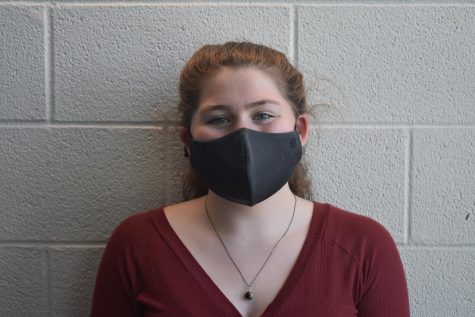
Megan Hayes is a senior and this is her third year on staff. When she isn't stressing over homework or extracurriculars, you can catch her wasting time watching TV or becoming way too emotionally invested...

Lilly Khalkho is a senior and an excited third-year member of The Blaze. When she is not stressing over school, you can find her reading, chasing her dog, and binge-watching movies. Lilly's favorite moments...

Megan is a senior and third-year staff member of The Blaze. When they aren't reading or stressing out about school, they can be found in the auditorium with tech crew, talking about their favorite TV shows...






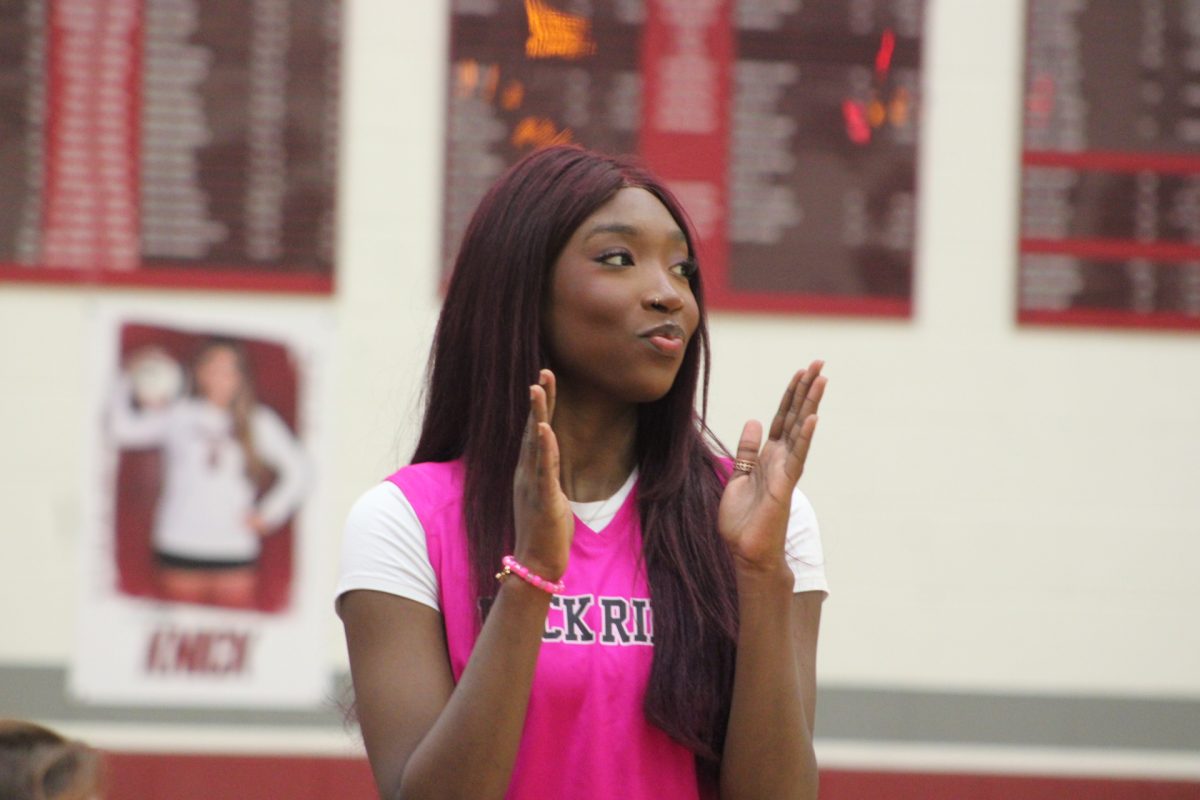
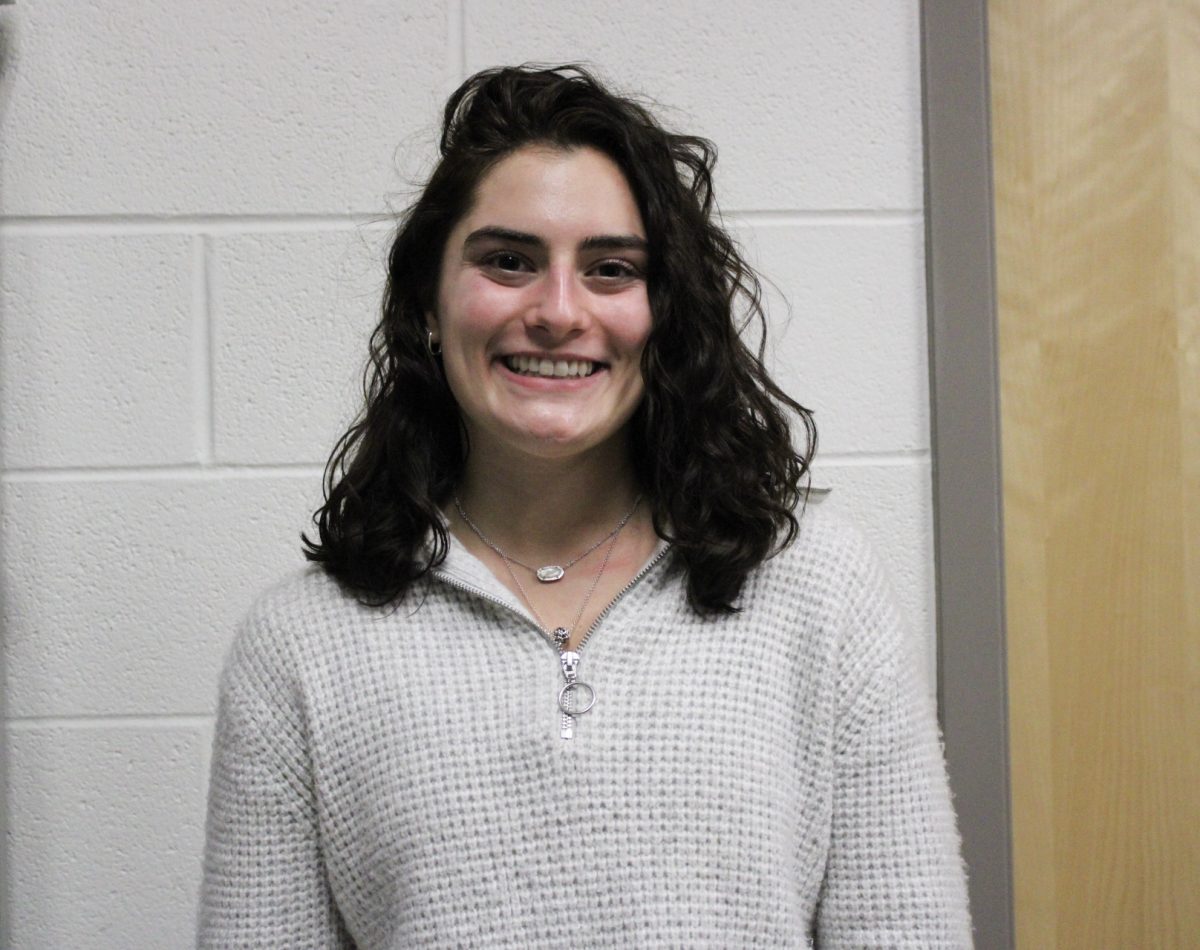







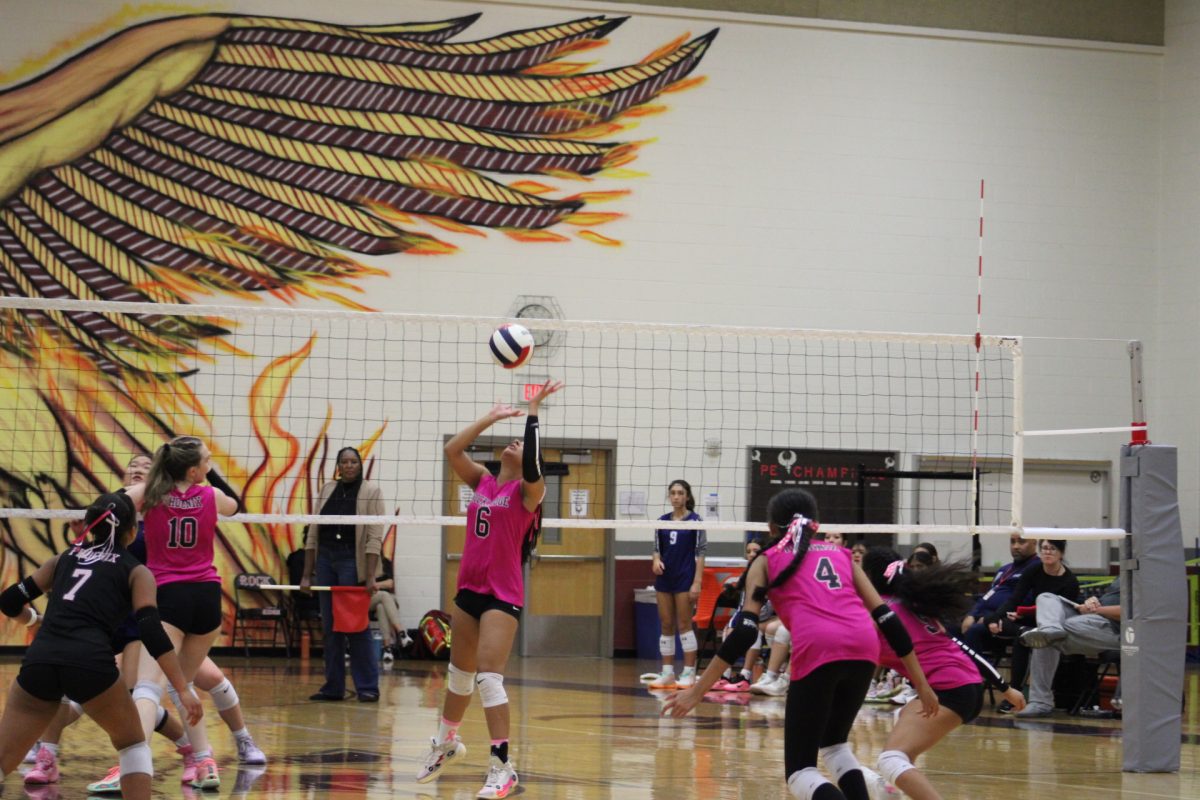








![The Phoenix varsity volleyball team lines up for the national anthem. “We were more communicative [with each other] during this game, and I feel like we kept our energy up, especially after the first set,” senior Jessica Valdov said.](https://theblazerrhs.com/wp-content/uploads/2024/10/DSC_0202-1200x800.jpg)










![Junior Alex Alkhal pitches the ball. “[I] just let it go and keep practicing so we can focus on our goal for the next game to get better as a team,” Alkhal said.](https://theblazerrhs.com/wp-content/uploads/2025/05/DSC_0013-1-1200x929.jpg)


















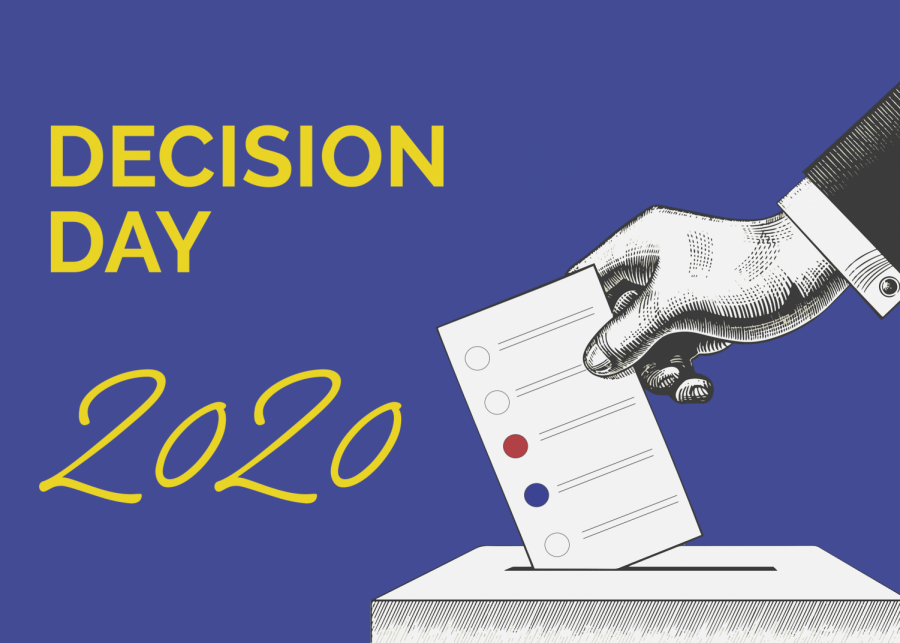
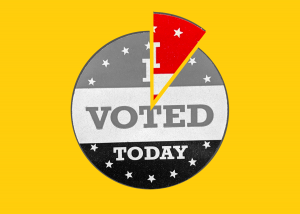
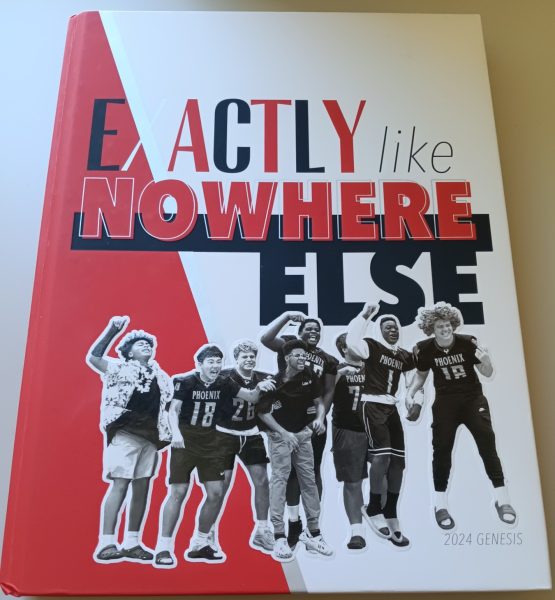
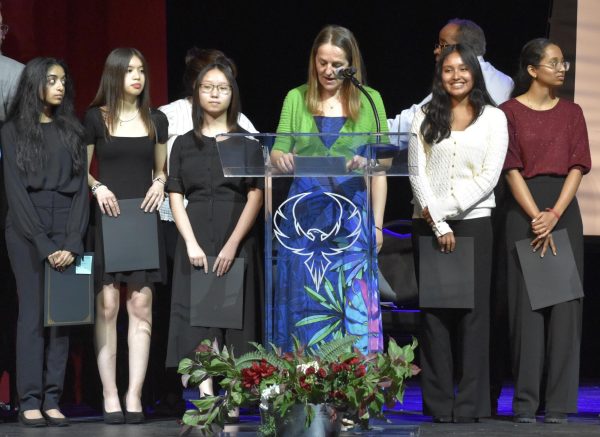
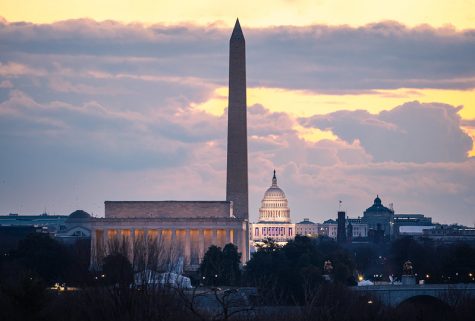
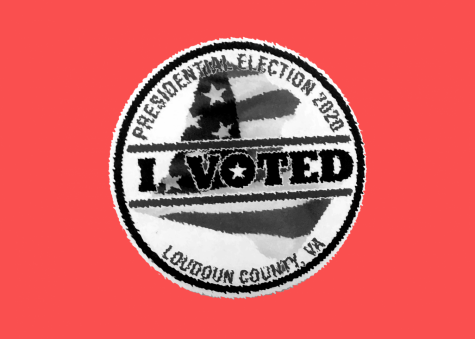
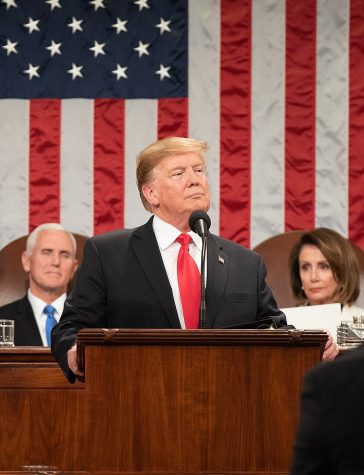


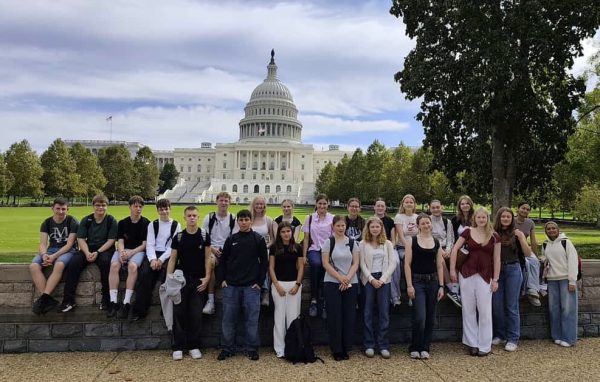
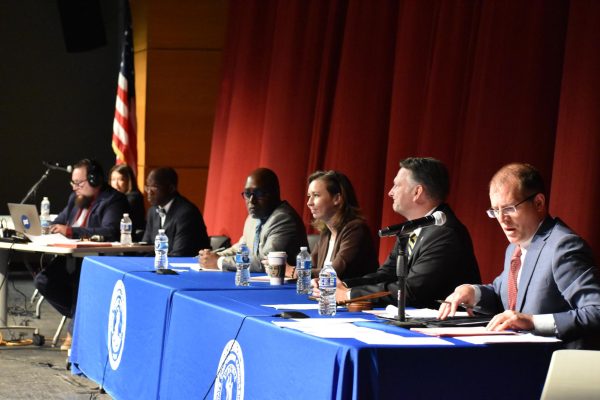
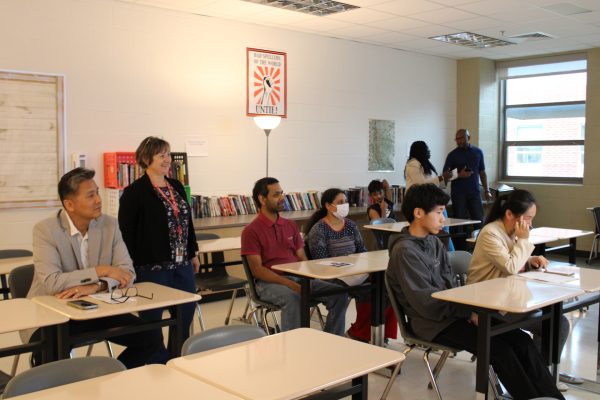
Elise Tsao • Nov 3, 2020 at 10:27 am
informative article 🙂